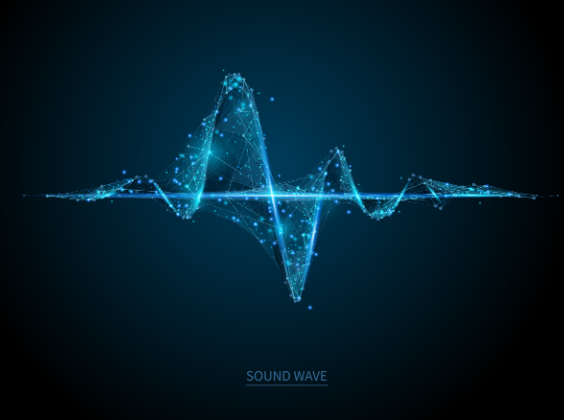
Written by

Kelly Patrick
An interim market report update on the global market for Diagnostic Cardiology – World – Interim Update – 2023, published in July 2023.
This market intelligence report will provide you with:
- A view on how the global Diagnostic Cardiology market will grow in the next 5 years to help support informed business decisions.
- An understanding of the key drivers of the Diagnostic Cardiology Market, to aid business strategy and highlight growth opportunities.
- Market shares and competitive environment analysis, to ascertain your own position compared to your competitors.
- A strong focus on meaningful and usable data, accompanied by actionable analyst insights to help guide your strategy planning.